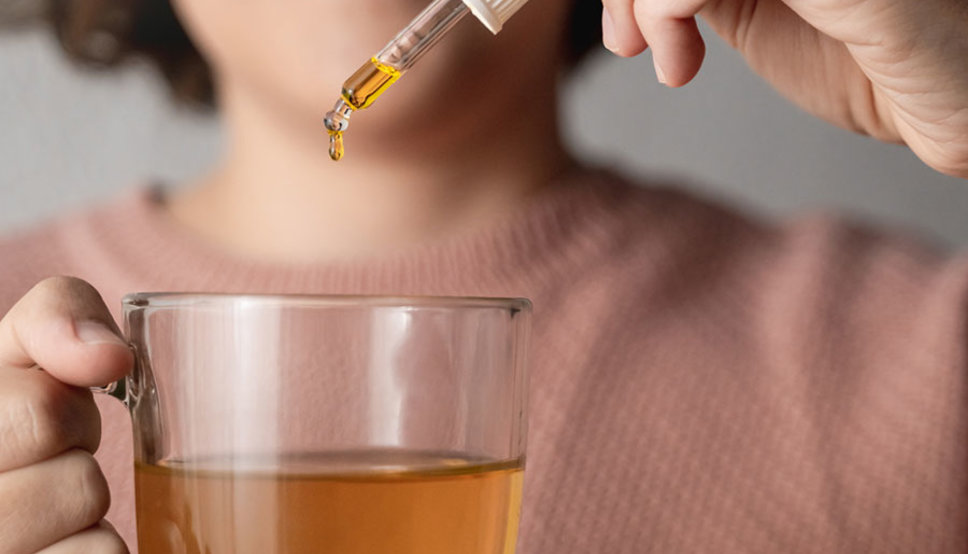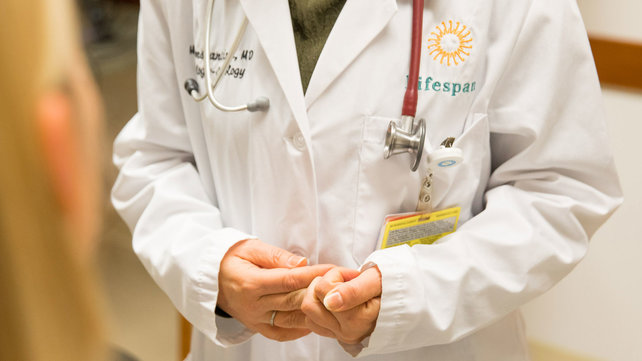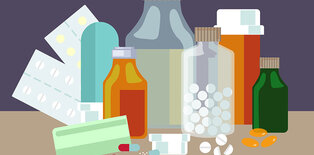CBD: What Is It, What Does It Do, and What Are the Benefits?

CBD is everywhere. It’s found in many items such as drinks, food, oils, body lotions, and even pet products. It’s become a very popular product around the world.
What is CBD?
CBD is short for “cannabidiol.” It is the scientific name for one ingredient found naturally in the Cannabis sativa plant.
What is THC?
THC is short for “tetrahydrocannabinol.” Like CBD, it is another ingredient found in the cannabis plant. Laws on the use of THC vary from state to state.
What is the difference between CBD and THC?
While both CBD and THC come from the same type of plant, CBD does not cause a “high” or sense of euphoria often associated with the use of cannabis containing THC.
What is CBD used for?
CBD was first approved as a drug in 2018 by the Food and Drug Administration (FDA) under the name “Epidiolex” for the treatment of seizures in children with severe forms of epilepsy. Outside of that, CBD is reportedly used by many people across the globe for various ailments including pain relief, sleep, and general wellness.
What are the effects of CBD and how does it affect the body?
The exact way CBD affects the human body is not yet well understood. Research studies have identified numerous “molecular targets” within the body that could be impacted by CBD. It is a fascinating drug to study with seemingly promising potential benefits. More research is required before we can fully understand its effects.
Does CBD affect the brain?
Science has identified many molecular targets throughout the human body and that number continues to grow with research. CBD likely does have some effect on the brain. However, unlike its counterpart THC, CBD does not exhibit a euphoric effect that might leave its users with a “high” feeling.
Can CBD help with sleep or anxiety?
We do not have enough scientific evidence at this time to recommend CBD for conditions such as sleep or anxiety from a medical standpoint. It is important to note that research in these areas is ongoing. Some small-scale studies have shown benefit in these areas but the theory has yet to be validated through science.
Are all CBDs equal?
CBD is available in a variety of formulations and products and is sold by countless companies. However, consumers be warned - not all CBD and CBD products are considered equal. It’s important that readers are aware of the following:
- Some products on the market have been found to contain contaminants such as pesticides and heavy metals due to unsafe manufacturing practices.
- Other products have been found to differ from contents originally listed on the label, including detectable amounts of THC.
- More concerning, a number of companies have made misleading and false therapeutic claims to vulnerable consumers.
You can learn more about this here and here.
CBD and other drugs
Despite CBD’s wide market availability and purported benefits, readers should take away the important lesson that CBD is not risk free. Other medications you are taking may interact with CBD and cause undesired side effects, namely liver injury.
Talk with your doctor, pharmacist, or other health care provider before considering adding CBD to your regimen.
Please remember your pharmacist is available to help you with questions about medications and over-the-counter products. Learn more about the Lifespan Pharmacy here, and how our pharmacists can help you.

About the Author:
Alissa Margraf Murphy, PharmD, BCACP
Alissa Margraf is a clinical pharmacy specialist with the Brown University Health Pharmacy.
Find a Doctor

The right provider is in our network
Search more than 1,200 providers in our network.



